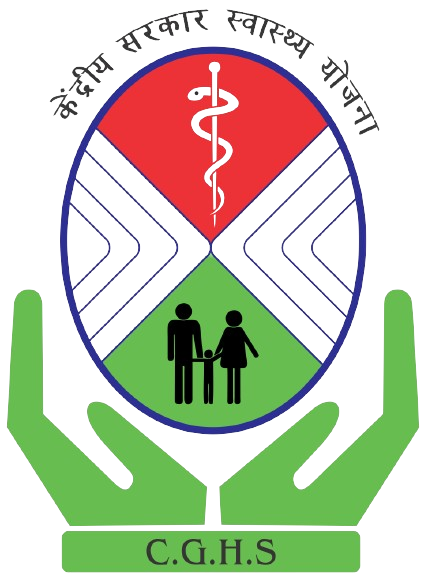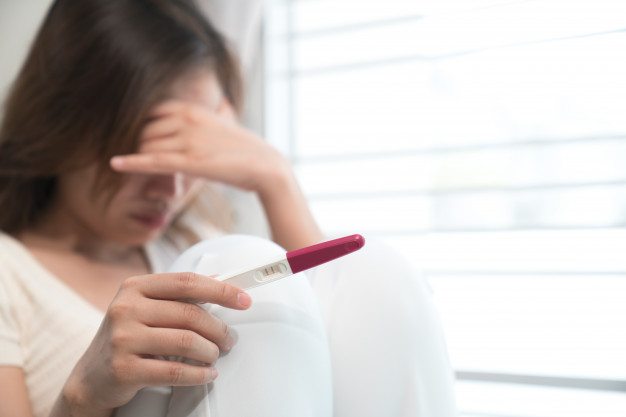Infertility in men and women:
What is Infertility?
Most people will have the strong desire to conceive a child at some point during their lifetime. Understanding what defines normal fertility is crucial to helping a person, or couple, know when it is time to seek help.
If you and your partner are struggling to have a baby, you’re not alone. 10 to 15 percent of couples in the World are infertile. Infertility is defined as not being able to get pregnant despite having frequent, unprotected sex for at least a year for most couples.
It may be that one partner cannot contribute to conception, or that a woman is unable to carry a pregnancy to full term. It is often defined as not conceiving after 12 months of regular sexual intercourse without the use of birth control.







